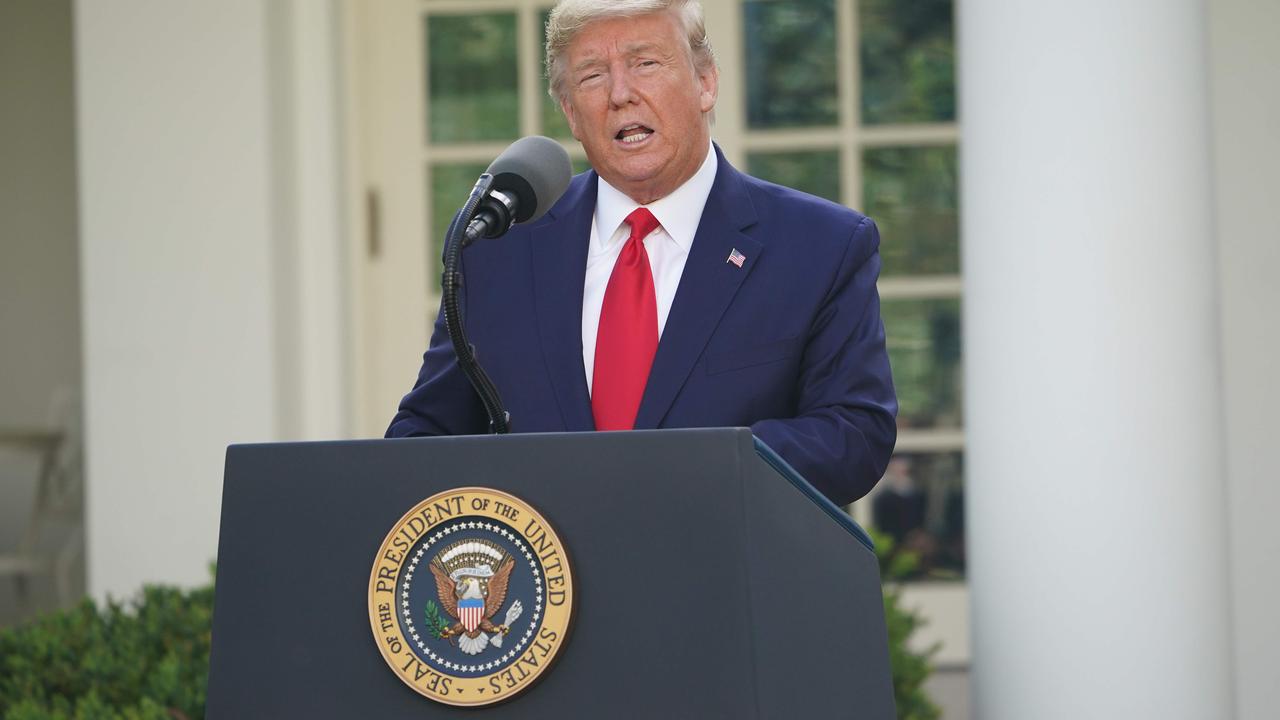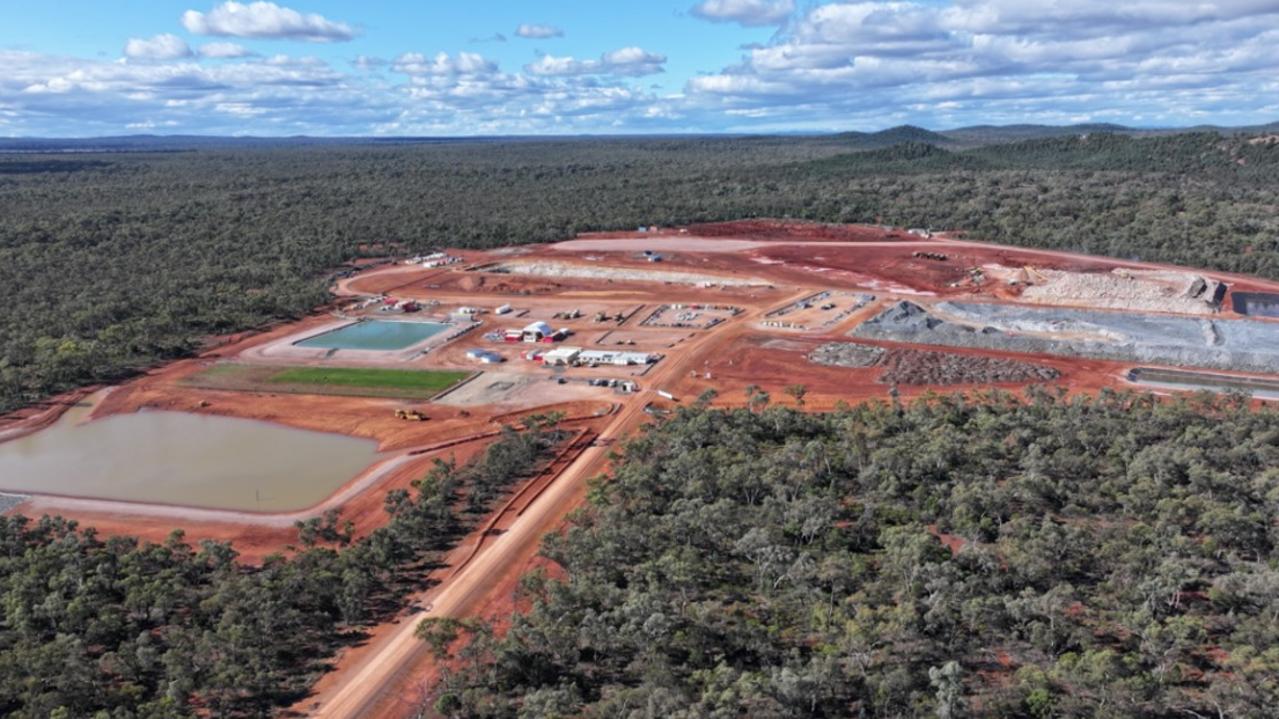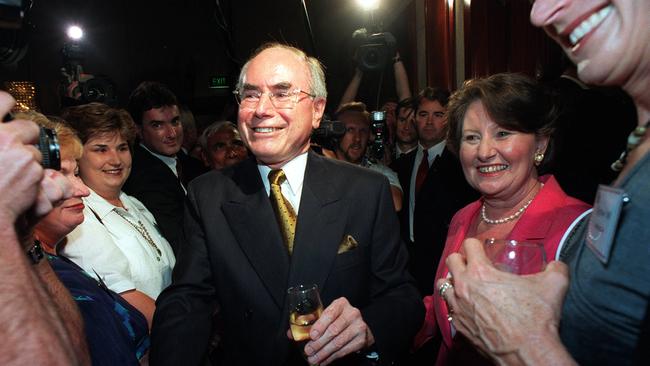
Anthony Albanese and Peter Dutton might both enter the election race with net negative approval ratings but this isn’t uncommon.
A feature of elections going back to the early 1980s has been the unpopularity of either one of or indeed both the leaders.
Albanese and Scott Morrison were in negative territory on the eve of the 2022 election campaign. Before that, Malcolm Turnbull and Bill Shorten were deep in the red in 2016.
And neither Kevin Rudd nor Tony Abbott had a plus sign in front of their personal numbers heading into the 2013 campaign.
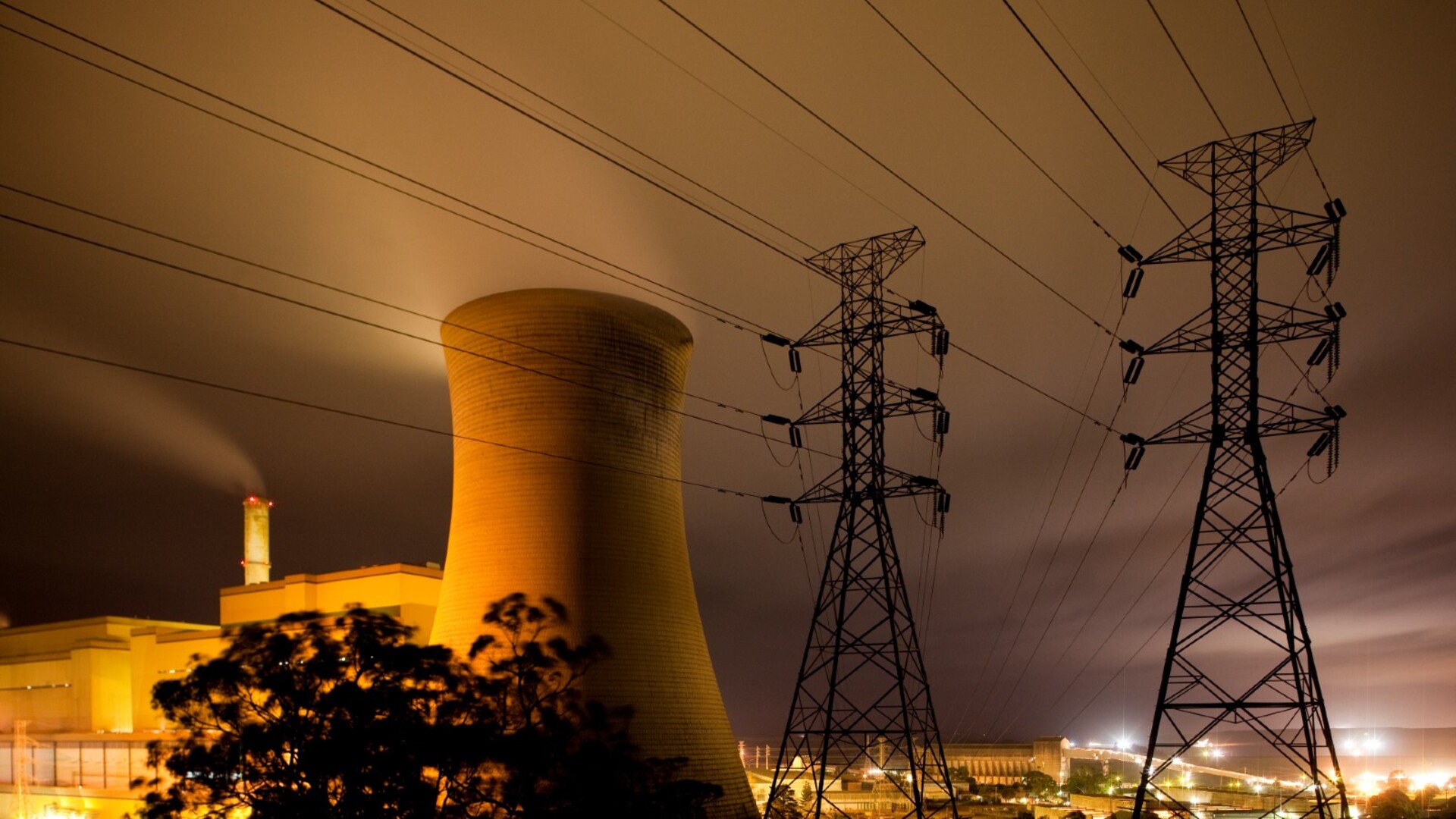
So for Albanese and Dutton, the poor assessment of their performance as leaders isn’t unusual. In fact, it has seems to have become the norm.
And prime ministers seeking another go have often won from negative positions. John Howard and Bob Hawke did.
And this was the last time a PM, in fact, was given a second attempt, if we disregard Rudd’s return after skipping the 2010 poll.
So for Albanese, this isn’t as big a hurdle as it might appear. Nor for Dutton. Tony Abbott won from opposition, having been in negative Newspoll territory at the start of the campaign.
The trouble for Dutton is he enters the election race with his highest disapproval rating in his leadership. While his net approval isn’t the worst, it runs pretty close.
Judging by Newspolls going back to the 1980s, which is as far back as it goes, Dutton also has the fourth longest run of negative net satisfaction spells of all opposition leaders after Shorten, Abbott and Howard during his first stint as leader.
Not so bad.
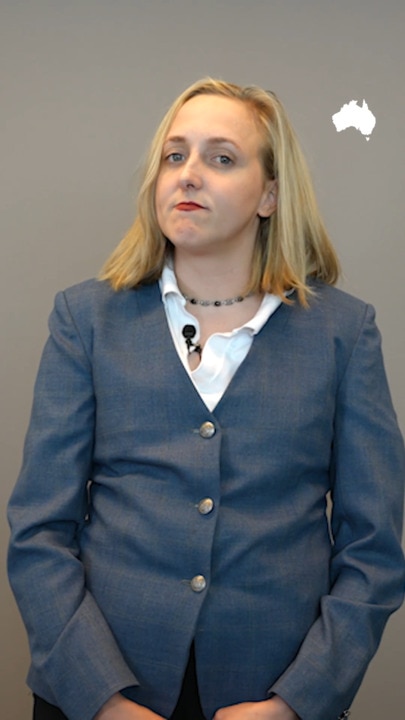
His lowest net approval rating of minus 20 is also nowhere near the depths some leaders plunged. Hewson sank to minus 42, followed by Labor opposition leader Simon Crean on minus 39.
Of course, both were dumped.
More significant for Dutton is perhaps that, apart from the late former Liberal leader Andrew Peacock, Dutton is the only other opposition leader to have never enjoyed a positive net satisfaction rating.
This is a comparison that will not sit well with him for a host of reasons.
Dutton also has the second longest runs of being behind on the better prime minister contest after Shorten. Shorten was given a lot more runway.
He spent 1339 days being regarded as the lesser preferred prime minister. Dutton has so far notched up 977. Although he almost broke this spell in January this year when he came within three points of Albanese, who it must be said has never enjoyed a particularly commanding lead on this measure.
Not that any of this is necessarily a determinant of whether Dutton can beat Albanese.
History has shown it has happened before.


